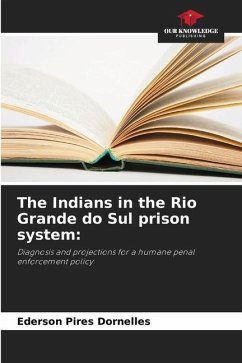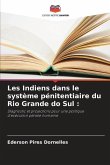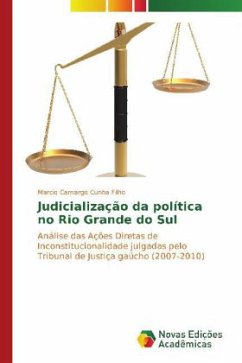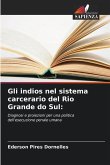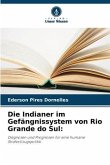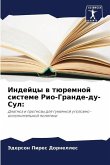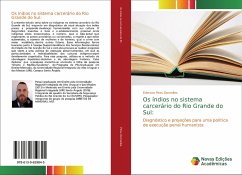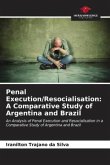The present study deals with indigenous people in the prison system in Rio Grande do Sul, making a diagnosis of the current situation of indigenous prisoners and proposing changes that are in harmony with their culture. The diagnosis surveyed the place and the prison establishment where the indigenous people are incarcerated, their number, the type of crime they answer, whether they are provisional or convicted prisoners, the regime to which they are submitted, the number of women and men, the crime with the highest incidence, among other factors. This information was sought from the Susepe (Superintendence of Penitentiary Services) of the State of Rio Grande do Sul and, with this information, it is possible to make projections which aim at a policy of humanist penal execution, in which the particularities and individualities of the indigenous cultures are duly respected. For this research, the method of hypothetical-deductive approach and historical approach were used. It is worth pointing out that the research is anchored in the research line "Law and Multiculturalism" of the Postgraduate Program in Law-Master's Degree from the Universidade Regional Integrada do Alto Uruguai e das Missões (URI), Campus Santo Ângelo.

